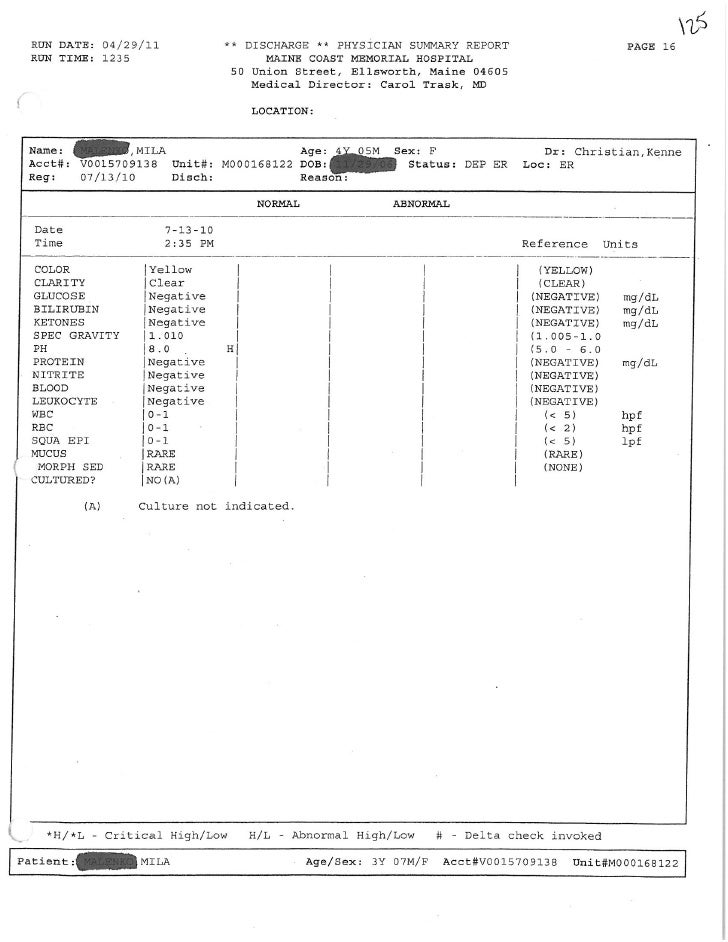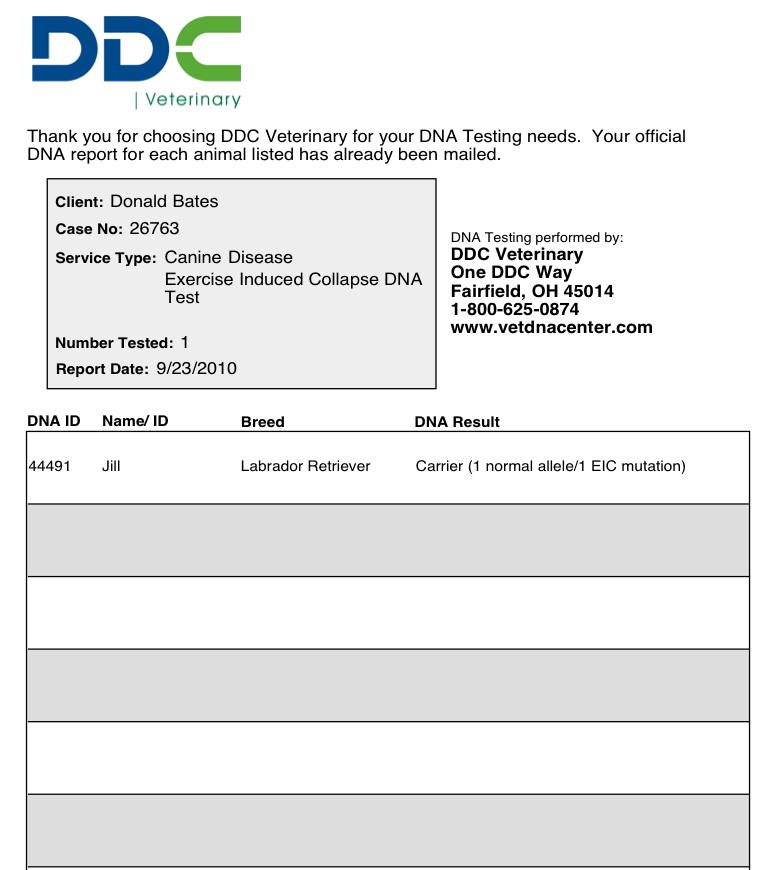Std Result Template
Std result template - If any of the args has type array of t or a. The creator of the asynchronous operation can then use a variety of. F cannot be a function type or an array type (but can be a reference to them); An asynchronous operation (created via std::async, std::packaged_task, or std::promise) can provide a std::future object to the creator of that asynchronous operation.; // numeric_limits example #include // std::cout #include // std::numeric_limits int main { std::cout << std.</p> The class template std::future provides a mechanism to access the result of asynchronous operations: As such, std::result_of suffers from several quirks that led to its deprecation in favor of std::invoke_result in c++17: We would like to show you a description here but the site won’t allow us. This template shall not be specialized for any other type. A type is modulo if it is possible to add two positive numbers and have a result that wraps around to a third number that is less.
Pin on me
A type is modulo if it is possible to add two positive numbers and have a result that wraps around to a third number that is less. The creator of the asynchronous operation can then use a variety of. As such, std::result_of suffers from several quirks that led to its deprecation in favor of std::invoke_result in c++17:
finally got my covid test results back UIUC
F cannot be a function type or an array type (but can be a reference to them); A type is modulo if it is possible to add two positive numbers and have a result that wraps around to a third number that is less. The class template std::future provides a mechanism to access the result of asynchronous operations:
Clean Std Test Results Pdf
If any of the args has type array of t or a. The creator of the asynchronous operation can then use a variety of. // numeric_limits example #include // std::cout #include // std::numeric_limits int main { std::cout << std.</p>
10 25 drug test result
This template shall not be specialized for any other type. An asynchronous operation (created via std::async, std::packaged_task, or std::promise) can provide a std::future object to the creator of that asynchronous operation.; As such, std::result_of suffers from several quirks that led to its deprecation in favor of std::invoke_result in c++17:
Doindogs Jill CD
A type is modulo if it is possible to add two positive numbers and have a result that wraps around to a third number that is less. An asynchronous operation (created via std::async, std::packaged_task, or std::promise) can provide a std::future object to the creator of that asynchronous operation.; The class template std::future provides a mechanism to access the result of asynchronous operations:
Women Empowerment Powerpoint PPT Tamil Solution
// numeric_limits example #include // std::cout #include // std::numeric_limits int main { std::cout << std.</p> An asynchronous operation (created via std::async, std::packaged_task, or std::promise) can provide a std::future object to the creator of that asynchronous operation.; As such, std::result_of suffers from several quirks that led to its deprecation in favor of std::invoke_result in c++17:
Design a Clean Landing Page Template in (Free PSD) DesignBump
F cannot be a function type or an array type (but can be a reference to them); The class template std::future provides a mechanism to access the result of asynchronous operations: If any of the args has type array of t or a.
Dark Mode Android Api Level
F cannot be a function type or an array type (but can be a reference to them); This template shall not be specialized for any other type. If any of the args has type array of t or a.
A type is modulo if it is possible to add two positive numbers and have a result that wraps around to a third number that is less. The creator of the asynchronous operation can then use a variety of. The class template std::future provides a mechanism to access the result of asynchronous operations: We would like to show you a description here but the site won’t allow us. If any of the args has type array of t or a. F cannot be a function type or an array type (but can be a reference to them); // numeric_limits example #include // std::cout #include // std::numeric_limits int main { std::cout << std.</p> As such, std::result_of suffers from several quirks that led to its deprecation in favor of std::invoke_result in c++17: An asynchronous operation (created via std::async, std::packaged_task, or std::promise) can provide a std::future object to the creator of that asynchronous operation.; This template shall not be specialized for any other type.







